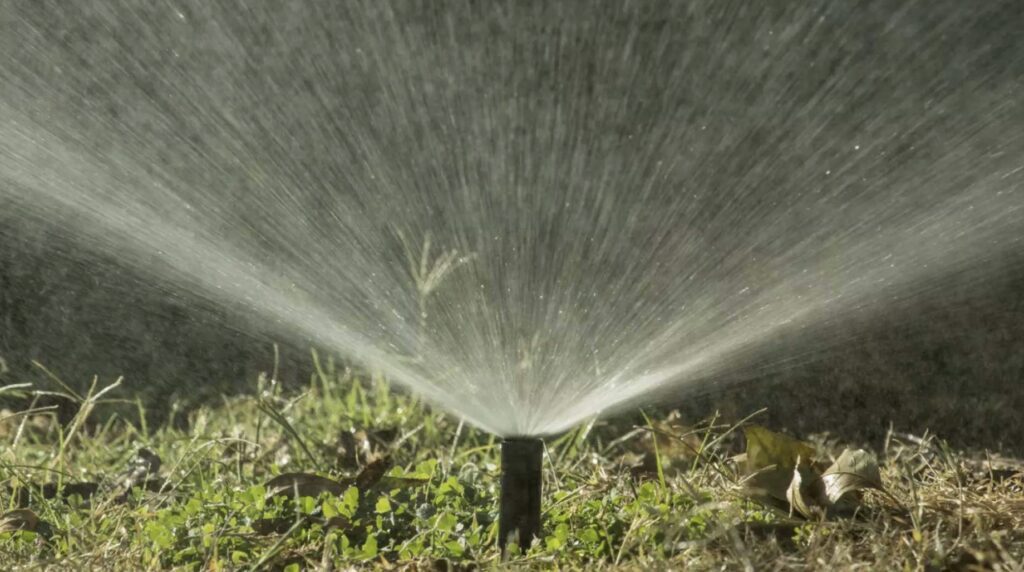Daniel Salzler No. 1263
EnviroInsight.org Five Items July 19, 2024
—————Feel Free To Pass This Along To Others——————
If your watershed is doing something you would like others to know about, or you know
of something others can benefit from, let me know and I will place it in this Information .
If you want to be removed from the distribution list, please let me know.
Please note that all meetings listed are open.
Enhance your viewing by downloading the pdf file to view photos, etc.
The attached is all about improving life in the watershed through knowledge.
If you want to be removed from the distribution list,
please let me know. Please note that all meetings listed are open.
Check our website at EnviroInsight.org
1. Monsoon Season Has Arrived. Beating Mosquitoes Before They Bite You. A lot of us are in or fast approaching mosquito season. Maricopa County suggest you fight the bite by using a mosquito repellent that has one of these six ingredients:
1.DEET (chemical name, N,N-diethyl-meta-toluamide) is the active ingredient in many repellent products. It is widely used to repel biting pests such as mosquitoes and ticks.
All DEET product labels include the following directions to help reduce the chance of DEET irritating your skin or eyes:
- Read and follow all directions and precautions on this product label.
- Do not apply over cuts, wounds, or irritated skin.
- Do not apply to hands or near eyes and mouth of young children.
- Do not allow young children to apply this product.
- Use just enough repellent to cover exposed skin and/or clothing.
- Do not use under clothing.
- Avoid over-application of this product.
- After returning indoors, wash treated skin with soap and water.
- Wash treated clothing before wearing it again.
- Use of this product may cause skin reactions in rare cases.
The following additional statements will appear on the labels of all aerosol and pump spray formulation labelDo not spray in enclosed areas.
To apply to face, spray on hands first and then rub on face. Do not spray directly onto face.
- 2. Picaridan. A.K.A. Picaridin repels insects, ticks and chiggers. It is a synthetic compound first made in the 1980s. It was made to resemble the natural compound piperine, which is found in the group of plants that are used to produce black pepper.
- Picaridin repels insects and makes them less likely to bite. It seems to block mosquitoes from sensing their prey. Picaridin doesn’t kill insects.
- Picaridin repels insects and makes them less likely to bite. It seems to block mosquitoes from sensing their prey. Picaridin doesn’t kill insects.
3. IR3535. Developed by MERK more than 30 years ago Since then, it has become an established ingredient for protecting you and your family against mosquitoes, ticks, and other bugs.- One of the best things about IR3535® is that it shields you without harming your
- health or the environment
- 4. 2-undecanone. 2-undecanone is a synthesized version of a compound found in rue, wild tomatoes, and several other plants. Both products appear to be safe, but as with all repellents, they should be used with caution, especially on children. Use same precautions as listed under DEET.
- 5. Oil of Lemon Eucalyptus. OLE is an extract from the leaves of the lemon eucalyptus tree. It’s enriched for an active ingredient called para-menthane-3,8-diol (PMD). PMD can also be chemically made in a laboratory.
- have comparable activity and duration to DEET
- offer better protection against ticks than DEET, affecting tick attachment and feeding
- be effective against some types of biting midges
- 6. Paramenthanediol. para-menthane-diol (PMD) contains EPA-registered ingredients that have been proven to be safe and effective when used in insect repellents, per the CDC. As always, it is important to follow the instructions of a product to ensure responsible usage, especially when being used on young children.
Other natural fragrances that deter mosquitoes include citronella, lavender, cinnamon oil, thyme oil, greek catmint oil, soybean oil, tea tree oil, geraniol and neem oil, per Healthline..
2. Tucson’s New Conservation Program Aims To Save Water By Removing Ornamental Grass.Apartment complexes and commercial buildings are being urged to remove grass landscaping and conserve water — in exchange for a rebate from the city.

Water officials in Tucson are launching a new initiative that asks apartment complexes and commercial buildings to remove their grass landscaping and conserve water — in exchange for a rebate from the city.
The initiative began this month and offers $5 for every square foot of water-thirsty grass that’s removed. It aims to save more than 9 million gallons of water over the next two years by replacing that turf with more drought-friendly landscaping.
James MacAdam, an administrator with the conservation and stormwater resources division at Tucson Water, says water used inside — like to flush the toilet — can be recycled back into the system for other purposes like landscaping.
“But when you use water for irrigation, that water’s just being used once. And for us, that’s Colorado River resources that is coming from a long way, takes a lot of money, energy, resources to get it here,” he said.
He says asking businesses and apartments to swap ornamental lawn features — like those in parking lots — for drought-resistant alternatives can help tamp down on that type of water use.
“The estimate that we have from the alliance of Water Efficiency is that when you remove a square foot of turf and replace it with drought-adapted landscape that it saves 36 gallons of water per year,” he said.
That adds up fast, he says, when you think of the thousands of square feet of lawn that’s in Tucson. The new program hopes to save more than 9 million gallons of water over the next two years and is offering rebates for properties that participate. The program is currently open only to commercial properties and multi-family units like apartments, but MacAdam says it could expand to private homes down the line. Source: KJZZ
3. Arizona Congressional Delegation Introduces $5 Billion Tribal Water Rights Legislation. Members of Arizona’s congressional delegation introduced legislation Monday that would authorize a water rights settlement with three Native American tribes in the Southwest, providing more certainty for the arid region.
The proposal carries a price tag of $5 billion — larger than any such agreement enacted by Congress.
Democratic U.S. Sen. Mark Kelly of Arizona said the legislation marks a historic step forward in resolving what has been a decades-long dispute with the Navajo Nation as well as the Hopi and San Juan Southern Paiute tribes.
The legislation would ratify a settlement agreement that was approved by each of the tribes in May. In all, the tribes would be guaranteed access to more than 56,000 acre-feet of Colorado River water along with specific groundwater rights and protections. The legislation also would establish a homeland for the San Juan Southern Paiute Tribe.
The funding included in the legislation would be distributed to special trust funds to pay for building and maintaining water development and delivery projects, including a $1.75 billion distribution pipeline.

“Securing water rights for these tribes upholds their sovereignty and lays the path for their growth and prosperity through increased investment in water infrastructure,” Kelly said.
Democratic U.S. Rep. Raul Grijalva of Arizona said the federal government’s obligation to the tribes to provide drinking water could not be more pressing as climate change exacerbates what he referred to as a multigenerational drought.
For the San Juan Southern Paiute, tribal President Robbin Preston Jr. said the opportunities that would come from the legislation would be life-changing for his people.
“With reliable electricity, water and housing, our people will have opportunities that have never been available to us before,” he said in a statement. “This legislation is more than a settlement of water rights, it is the establishment of an exclusive reservation for a tribe that will no longer be forced to live like strangers in our own land.”
While efforts to negotiate an agreement have been generations in the making, tribal leaders have said the ongoing drought and the effects of the coronavirus pandemic were among the challenges that drove the latest round of talks. Source: US News
4. AMWA Launches Campaign To Engage Voters On Water Sector Priorities. Last week, AMWA launched a web-based outreach campaign that aims to enlist voters to write to Congress in support of the association’s top water policy priorities.
Approved by AMWA’s Board of Directors in March, the campaign will utilize web search and Meta advertisements targeting voters in key congressional districts and web users on Capitol Hill. Web surfers who click the ads will be brought to fundwater.org, a custom website featuring a high-level summary of AMWA’s positions on federal water infrastructure investment, low-income water assistance, and polluter accountability for PFAS contamination. Visitors will be invited to sign a letter to Congress in support of action on these priorities.

The campaign’s goal is twofold: to increase the public’s awareness of these water policy issues and demonstrate to key lawmakers that their constituents support congressional action consistent with AMWA’s advocacy on these topics.
The outreach campaign and the fundwater.org website were developed by AMWA in cooperation with Banner Public Affairs. The web advertisements will run for several weeks, while the website will remain active through the end of the year. Individual AMWA members and other stakeholders are encouraged to circulate fundwater.org to their networks to help multiply its impact among policymakers and the public. For more information, go to: https://www.fundwater.org Source: Association of Metropolitan Water Agencies
Copyright: 2024 EnviroInsight.org
